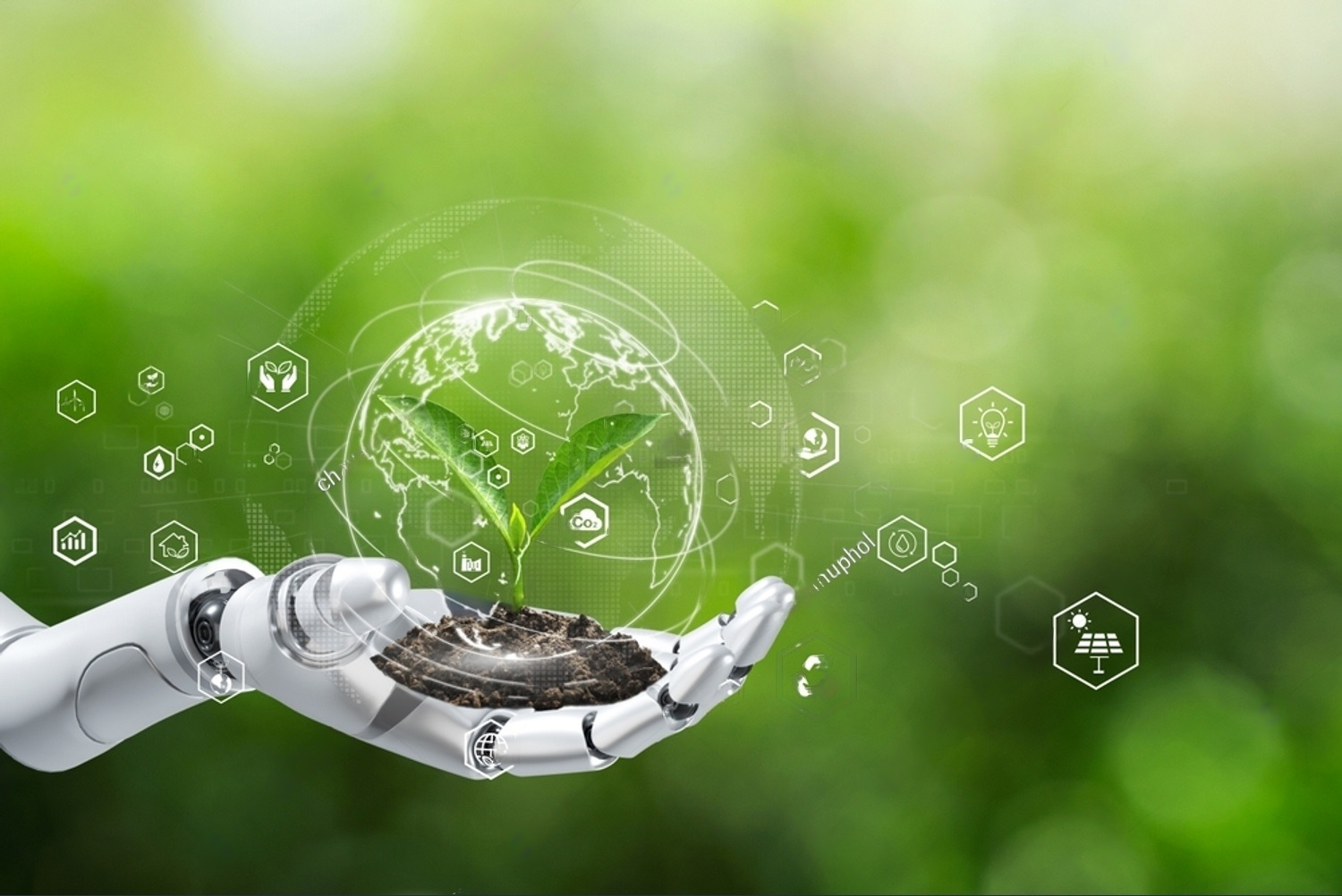In today’s rapidly changing world, the need for sustainable environmental solutions has never been more pressing. As we confront the challenges of climate change, pollution, and resource depletion, innovation becomes our most potent tool for creating a brighter, more sustainable future. In this article, we’ll explore groundbreaking innovations that are shaping tomorrow’s world and revolutionizing our approach to environmental progress.
The environment is at a crossroads, and our actions today will determine the world our children and grandchildren inherit. It’s a daunting responsibility, but it’s also an exciting opportunity for innovation and progress. The innovations we’ll discuss here are not just theoretical concepts; they are tangible solutions that have the potential to transform industries and pave the way for a more sustainable future.
1. Renewable Energy Revolution
One of the most significant environmental breakthroughs of recent years has been the rapid advancement of renewable energy technologies. Solar panels, wind turbines, and energy storage systems have become more efficient and affordable, making clean energy accessible to a broader range of people and businesses. Solar power, for example, has reached grid parity in many regions, making it competitive with fossil fuels in terms of cost.
Moreover, innovations like floating solar farms, vertical-axis wind turbines, and advanced battery technologies are further expanding the possibilities of renewable energy. These innovations not only reduce our reliance on fossil fuels but also create jobs and stimulate economic growth.
2. Circular Economy Solutions
The concept of a circular economy is gaining traction as a sustainable alternative to our current linear “take, make, dispose” model. Innovations in this realm focus on reusing, recycling, and repurposing materials to minimize waste and reduce environmental impact.
For instance, companies are developing advanced recycling technologies that can break down complex materials, such as plastics and electronics, into their basic building blocks for reuse. Additionally, the rise of sharing platforms and product-as-a-service models is changing the way we consume goods, promoting longer product lifespans and reducing the overall demand for new resources.
3. Smart Agriculture and Precision Farming
Agriculture is both a major contributor to environmental issues and a critical part of our global food supply. Innovations in smart agriculture and precision farming are helping to address these challenges by optimizing resource use and minimizing environmental harm.
Precision agriculture leverages data-driven technologies like GPS, sensors, and drones to improve crop yields while reducing water and pesticide use. Vertical farming and aquaponics are also revolutionizing agriculture by enabling food production in urban areas with minimal environmental impact.
4. Sustainable Transportation
The transportation sector is a significant source of greenhouse gas emissions. Innovations in sustainable transportation are essential for reducing our carbon footprint. Electric vehicles (EVs) have gained popularity, and advancements in battery technology are extending their range and reducing charging times.
Furthermore, the development of high-speed rail networks, smart urban planning, and the growth of shared mobility services are changing the way we move people and goods. These innovations not only reduce emissions but also enhance urban livability and reduce traffic congestion.
5. Advanced Water Management
Access to clean and abundant water is crucial for both human survival and ecosystem health. Innovations in water management are addressing water scarcity, pollution, and inefficient distribution.
Desalination technologies are making seawater drinkable, offering a potential solution to water shortages in arid regions. Smart water meters and leak detection systems are improving water conservation efforts. Additionally, wastewater treatment innovations are reducing pollution and allowing for the safe reuse of water resources.
Takeaway
Innovations in environmental progress are not only essential but also exciting. They offer a glimpse into a future where sustainability is not a luxury but a fundamental part of our daily lives. As we continue to develop and implement these groundbreaking solutions, we are taking the necessary steps to shape a world that is cleaner, healthier, and more sustainable for generations to come.
Breaking ground in environmental progress requires a collective effort from governments, businesses, and individuals. By embracing these innovations and advocating for their widespread adoption, we can accelerate the transition to a more sustainable and resilient future. It’s a journey that begins with recognizing the power of innovation and our responsibility to shape tomorrow’s world for the better.




